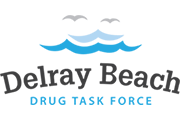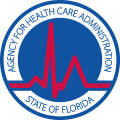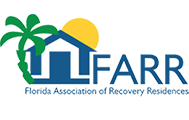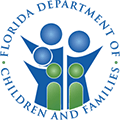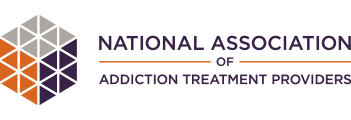On a worldwide scale, anywhere from 26 million to 36 million people abuse opioid substances like prescription painkillers and heroin. Within the borders of the United States, however, an estimated 2.1 million people are grappling with opioid abuse. There is not an area of the country that isn’t being impacted by the vast amounts of individuals who are facing this specific type of substance use disorder, and it seems as though everyone knows someone who is or who was addicted to opioids.
In Palm Beach County, Florida and its surrounding areas, this epidemic is spreading at a rapid rate, and has finally gained the full attention of one Palm Beach County commissioner when her chief aide lost her daughter to an overdose.
Johnnie Easton, chief aide to Palm Beach County commissioner Melissa McKinlay, lost her daughter when she overdosed on drugs after grappling with addiction for over a decade. Now, the two government officials are working together to help ensure that they are making exceptional strides to decrease the amount of deaths related to opioid overdose within their area, as they are dissatisfied with how long it can take to get a bed in a residential treatment center, how the stigma of addiction is preventing individuals from reaching out for help, and how outpatient services that are provided are not comprehensive enough to manage both mental illness and substance abuse problems.
For starters, McKinlay is pushing for more officials to lawfully carry the overdose reversal drug naloxone so that they can utilize it in an effort to reverse an opioid overdose if they are in the presence of a person who experiences one. Currently, Delray Beach police officers, first responders, and fire rescue personnel in Palm Beach County can carry the drug, but deputies do not. McKinlay hopes to change that.
In addition, starting in January of 2017, the overdose task force in the area will begin providing detox, medication, and counseling services to those individuals who overdose and find themselves in the emergency room. Also in the works is the development of a clean-needle program, which can help decrease the spread of infectious, blood-borne diseases like HIV/AIDS and hepatitis. McKinley and her staff are also working hard to increasing funding in the Palm Beach County area for medication-assisted treatment options. Medication-assisted treatment is a type of care often made available to opioid addicts, where medications such as Suboxone, Subutex, and methadone are used to help reduce symptoms of withdrawal and allow patients to focus on other areas of their recovery.
If you or someone you love are one of the many people who are grappling with opioid addiction, know that you are not alone, and that help is available. Please reach out to a treatment center in the greater Boca Raton area to get the help you need to make the decisions that are best for yourself or your loved one.








